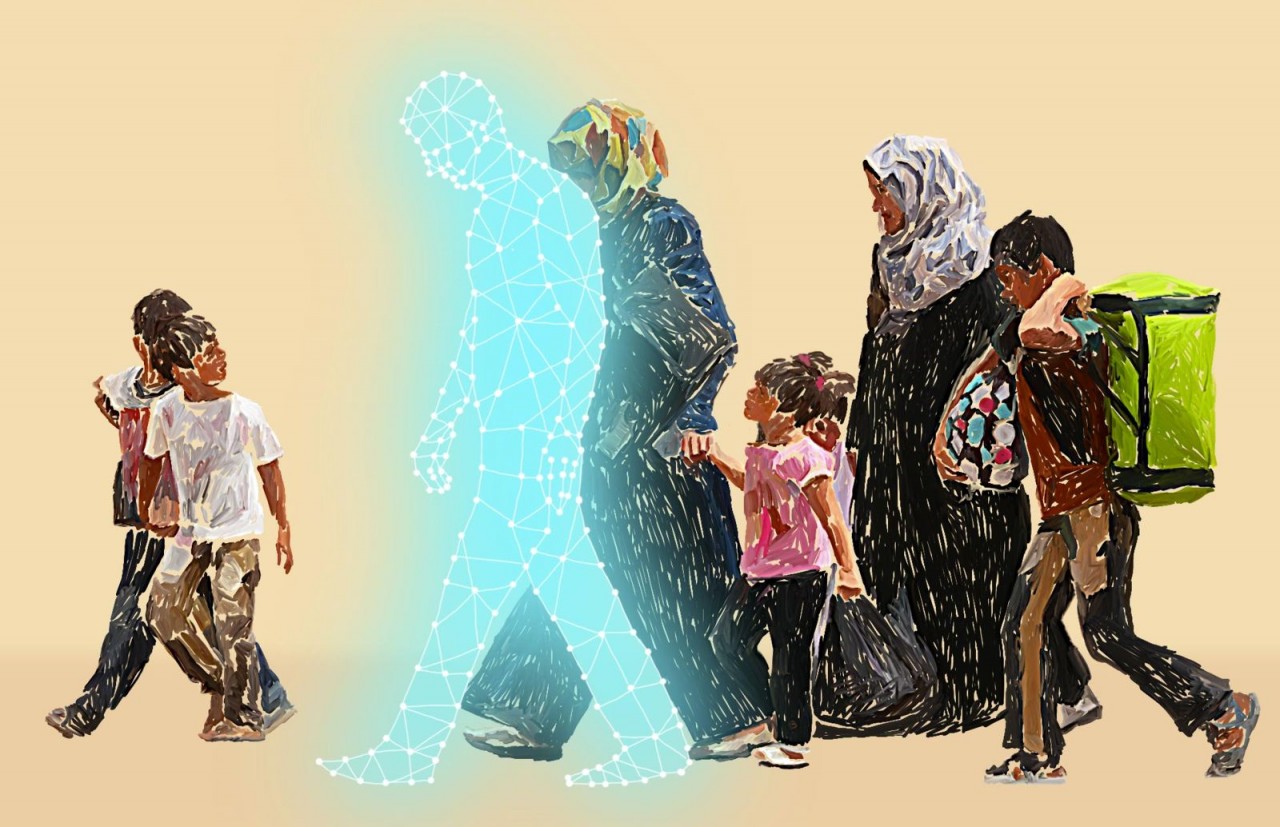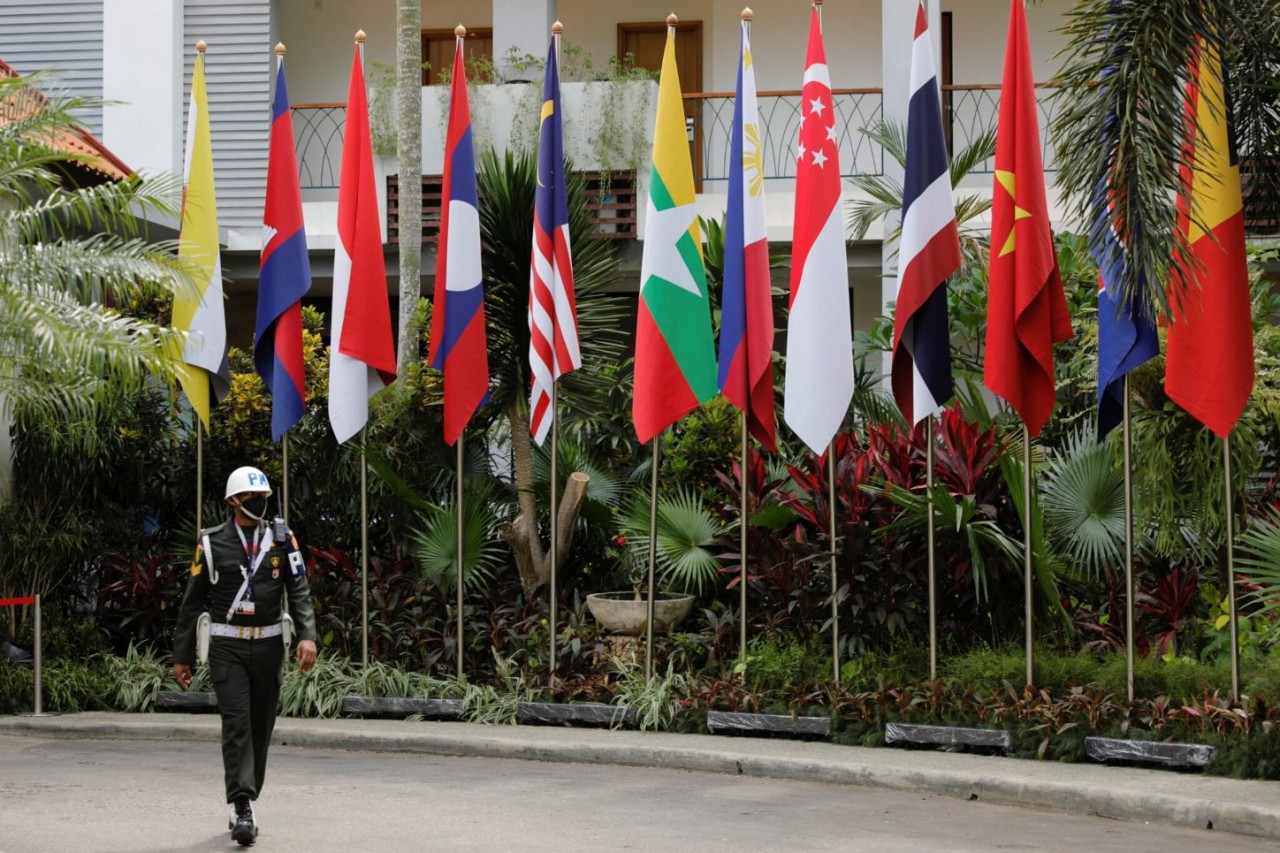
Artificial Intelligence and challenges to ensure human rights in Southeast Asia
Latest
As an invention that is increasingly developed, AI in the future will have the ability to be self-aware and become a new species that can compete and potentially destroy human civilization. AI has great significance for human development but also has many negative impacts on society. In particular, the impact of AI on human rights is one of the issues receiving attention from countries around the world.
 |
| AI has a significant impact on various human rights, including freedom of expression, democracy and the right to work. (Photo: OGR) |
AI and effects on human rights
AI the automation of human-like activities such as decision making and problem solving. However, AI systems reflect social stereotypes, creating inequality in society, especially for individuals and minorities. AI systems also affect privacy and personal data protection because they require the collection of a lot of information to function smoothly. Companies and governments use AI systems for business and management purposes, leading to improper storage, misuse, and abuse of personal information. The application of AI in the digital age has different impacts on privacy and personal data in different ways.
AI has a significant impact on various human rights, including freedom of expression, democracy and the right to work. AI systems can control user information on social networks and search engines, affecting information access, searching and sharing. A typical example of the impact on freedom of expression is Facebook removing the image “Napalm Girl” because it was deemed pornographic without considering its historical significance. In addition, AI's ability to control information can be used for illegal purposes, spreading and distributing information, which can affect democracy and self-determination. The adoption of automation and technology is responsible for rising unemployment rates and changes in the structure of the labor market, with traditional jobs declining and high-tech jobs increasing. With currently available technologies, 14% of jobs in member states are at high risk of automation; Another 32% of jobs may have major changes in operations. Recent analysis by the OECD shows a decline in the share of jobs from occupations considered “highly automated” in 82% of regions in 16 European countries. Furthermore, the analysis points to a significant increase in "low automation" jobs in 60% of regions to offset the “out-of-work” situation. However, automation can change the employment structure without reducing total employment.
 |
| Southeast Asian countries tend to apply AI for economic development rather than affecting humans rights. (Photo: Reuters) |
Challenges in ensuring human rights in Southeast Asean countries
Southeast Asian countries are in the early stages of applying AI, with uneven application capabilities. The Government AI Readiness Index ranks countries according to their readiness to use AI in governance and management. Six Southeast Asian countries are in the top 100, including Malaysia (ranked 22nd), the Philippines (ranked 50th), Thailand (ranked 56th), Indonesia (ranked 57th), and Vietnam (ranked 70th).
However, most developing countries in Southeast Asia have not yet participated in the production of AI systems and the technology level is still low. Importing AI technology from the US and China may lead to limited mastery of the technology. In addition, developing countries in Southeast Asia face specific challenges posed by AI to human rights, which is that most developing countries in Southeast Asia are not involved in producing the AI system. AI technology in these countries is mainly imported from the US and China. Although their technological level is low, using imported AI technology to monitor the population may result in limited mastery of the technology.
Southeast Asian countries tend to apply AI for economic development rather than affecting huma rights. In developing countries, the legal framework for AI development is still incomplete. Developing country governments in Southeast Asia appreciate the importance of developing AI strategies and initiatives that promote benefits and minimize risks. It is estimated that 73% of economies in the Asia-Pacific region have electronic transaction laws in place, while only 38% of countries in the region have Consumer Protection Laws in place, and 29% of them apply privacy regulations.
In the early stages of AI application, developing countries in Southeast Asia need to have a national strategy on AI development. In that strategy, special attention should be paid to issues such as:
First, develop infrastructure. Governments of developing countries need to have policies to encourage the private sector and international financial institutions to invest in telecommunications infrastructure, such as exemption of land rent (depending on each project and scale), incentives preferential tax rates, reduced infrastructure costs for research, and AI application development and technology transfer.
Second, build a strategy focusing on fulfilling laws for a human-centric AI. Some criteria to determine a complete legal system that can regulate and support AI applications are specialized laws regulating the relationship and use of robots, the system of state agencies responsible for robotics, the national program for the development of the robotics industry and the legal framework for piloting robotics and testing robotics technology.
Third, developing countries need to pay special attention to fundamental issues for AI development such as databases, high-quality human resources, and user consensus.
The development and application of AI with many benefits is a trend in society. However, it poses risks and challenges for society, especially in ensuring human rights. If AI is not fully understood and robustly implemented, the consequences it creates can be severe and unpredictable. The development of AI and technology is happening rapidly, while governance policies and laws are still tardy. Consequently, the international community and countries need to make more efforts to promote research, initiatives, and develop and implement legal policies on AI governance in order to meet current and future demands for AI development and application.













